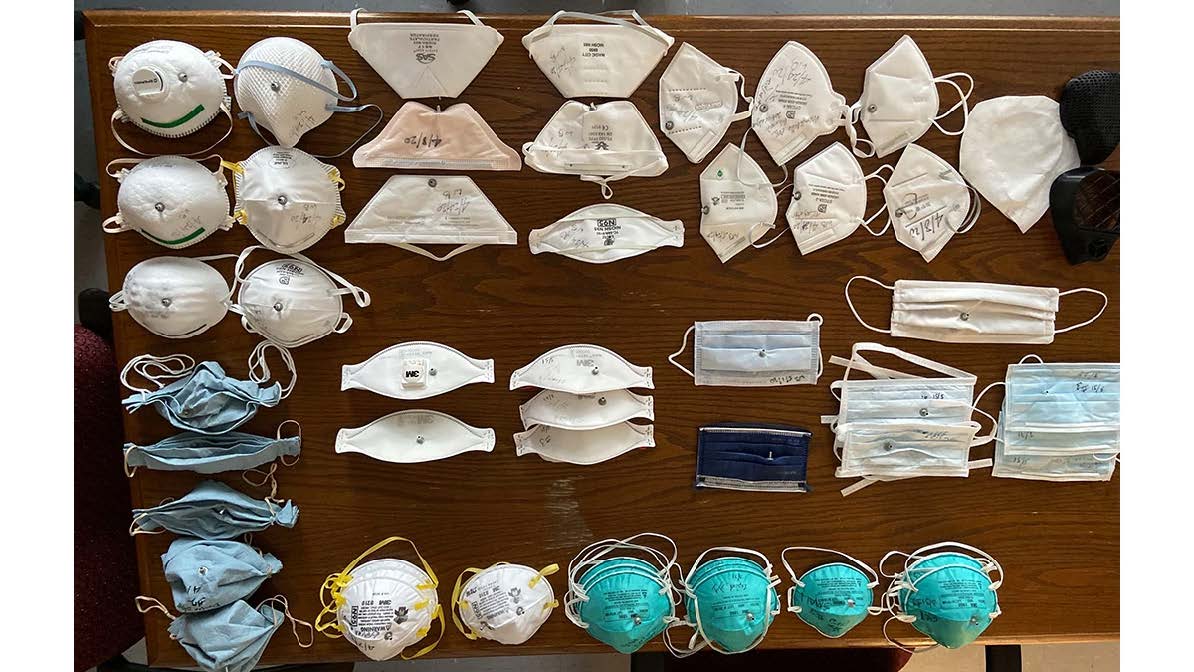The global spread of COVID-19 has put a huge demand on masks and face-covering with the goal of reducing the spread of aerosol particles in the air. A new Duke University Study studied 14 different mask types to see which ones were the most - and least- effective against the spread of COVID-19.
Duke recorded test-takers speaking while wearing each type of mask. Each test was performed the same way. A camera was used to record a video of approximately 40 seconds to record droplets expelled while speaking. The first 10 seconds of the video serve as a baseline. In the next 10 seconds, the mask wearer repeated the sentence “Stay healthy, people” five times. Then, the camera kept recording for an additional 20 seconds for observation. For each mask and for the control trial, this protocol was repeated 10 times. Duke used a computer algorithm to count the number of particles within each video. The results were surprising:
Best Masks
- Surgical N95 masks, like the kind USA Mask makes, manufactured to surgical standards to provide a tight seal around the face. However, because of a shortage, most experts ask members of the general public to avoid acquiring these masks so they can be reserved for health professionals.
- Three-layer simple surgical mask. Widely available and found to provide the next highest level of protection.
- Cotton. The researchers examined several different types of cotton masks and found most of them were fairly effective but described the best as a "Cottonpolypropylene- cotton mask."
Worst Masks
Here's where the results were surprising:
- Fleece: The study found that this type of face covering is worse than no mask at all! The researchers found that fleece face coverings - for example, a gaiter neck fleece - actually break up respiratory droplets into smaller droplets rather than blocking them, releasing a larger number of individual droplets into the air. Those smaller droplets are lighter in weight and therefore stay airborne longer. "Considering that smaller particles are airborne longer than large droplets (larger droplets sink faster), the use of such a mask might be counterproductive," the researchers wrote.
- Bandanas: were also considered ineffective, though not quite as bad as no mask at all.
- Knitted: These types of masks were not effective at blocking respiratory droplets.
The USA Mask Company is proud to be at the top of the list for the best type of mask for preventing the spread of COVID-19 and we hope everyone will stay safe and make smart choices.

